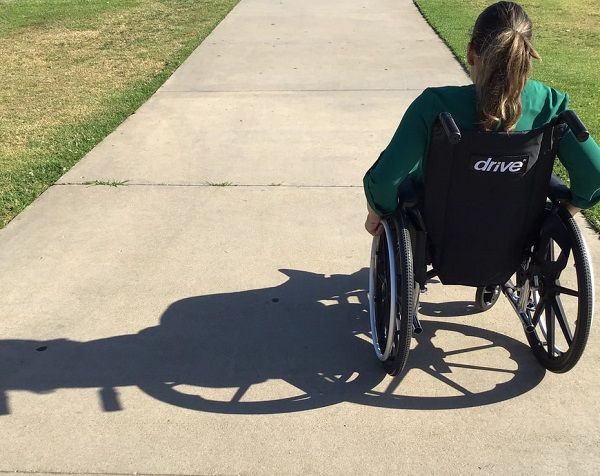People with disabilities have just as many rights as any able bodied person. It is important to note as well that if you suffer from a disability, there are programs and policies out there that you can look into to help aid you and make your life a little easier. If you suffer from a disability, or have suffered an injury that has resulted in a detriment to your daily life, you might be entitled to certain benefits.
Here are some things you should know if you are someone or know someone that is living with disabilities.
Permanent or temporary disabilities
In order to receive benefits for your disabilities, you have to prove and state your type of disability. A claim for benefits will differ between permanent disabilities and temporary or short term disabilities. You will need to determine, prior to applying for any sort of disability claim, how long you have been disabled for, how you came to your state of health and what the possible causes of it are. If it is genetic and something you are born with as opposed to if it is something you may have suffered due to physical activity or work, this will differ in terms of how you file the claim, and how it is overseen.
Finding a lawyer or attorney
Once you are of legal age, you can apply for disability on your own. It is, however, advisable that you seek the help of a legal professional. A professional will be able to increase your approval rate for disability benefits. Although not mandatory in order to apply, lawyers increase your chances of receiving benefits faster. The claims have a greater chance of going through with the professional lawyers from https://www.laportelawfirm.com/ as they will understand the process that you will have to go through and be able to do a more comprehensive job in terms of reporting and filing your claims. Those that have prior experience in disability cases and claims will expedite the process that much more as they are already well versed in what they should be looking for and what steps need to be taken. It is also an added bonus to have a knowledgeable professional help guide you through the process and explain anything that you do not understand or have questions about.
Interview
You will be interviewed regarding your disability by a government representative. This is to determine your condition, both the legitimacy and the severity, and if they match your claim. They will confirm your health with a medical professional, using the information to complete the disability report. You will also have to answer questions regarding the work you perform in relation to how you received your disability. You will also communicate other information regarding your work and personal history, remembering to disclose any previous disability claims you sent in. If a board is unable to come to a conclusion regarding your claim and your injury status, they may require further medical testing to make a final judgement and determine the result of your claim and your eligibility.
Confirmed Diagnosis
Your medical condition needs to be confirmed by a doctor. It is much better to have a determined condition that is communicated by your doctor to any judge or government representative for your claims. This hard evidence is much easier to approve as it is something that is easily testable and identifiable. If your condition is difficult to confirm, carrying many possibilities and symptoms without a proper diagnosis, a judge is less likely to approve of your case or claim.
Medical History
It is important to have a record of your medical history as investigators will look at this and factor this into your claim. It is best to ensure that you see your doctor regularly to have this sort of consistency. This will help determine anomalies in your health and make your claims for disability easier. By not seeing your doctor regularly and having that medical history, you leave too many holes in your health files and it will be all the more difficult to identify the causes of your injury or disability. Additionally, you want to comply with taking any medication or appliances ( wheelchairs, mobility scooters Quingo, orthopedics, etc..,) prescribed by your doctor. Your medical records are very important to the outcome of any claim.
Living with disabilities is difficult, but it is not something that should stop you from living life to the fullest. Make sure to learn about your rights and any benefits you are entitled to. It may be a tough road ahead, but disabled does not mean incapable.


